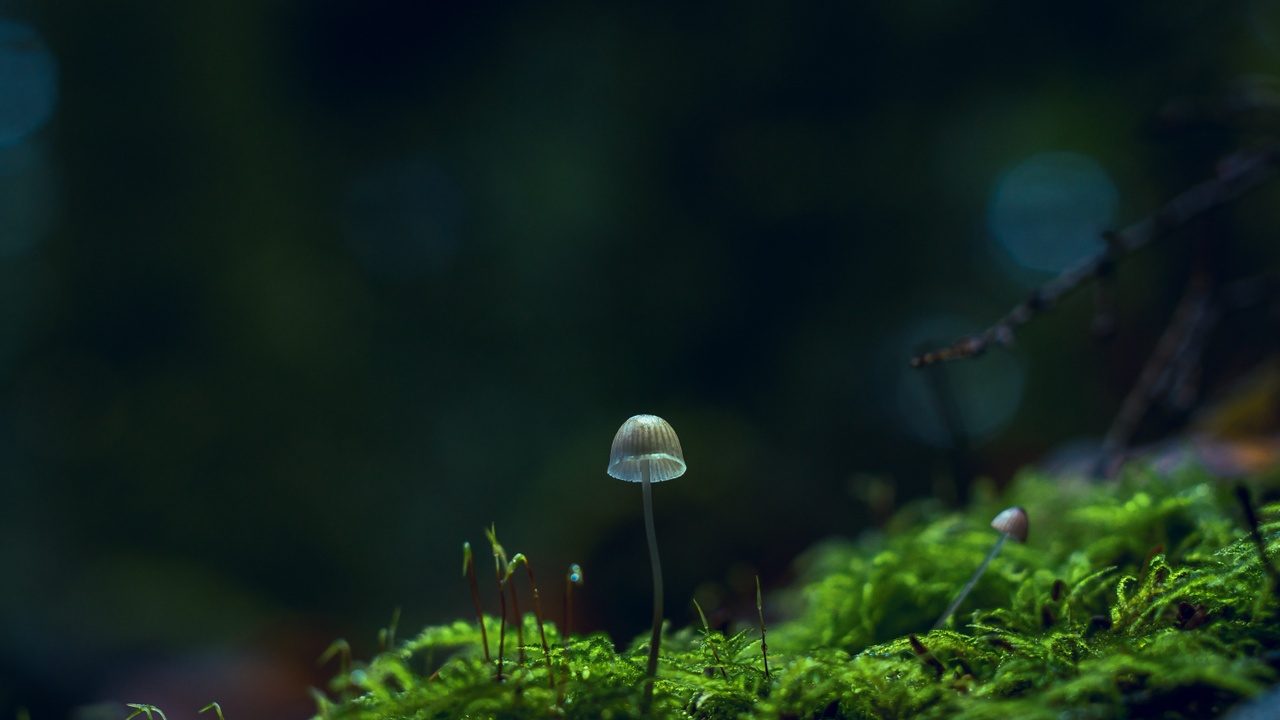First Randomized Trial of Psilocybin Assisted Therapy for Depression!
Nov 11, 2020
In recent years, psychedelics have reemerged as a popular topic in cultural, political, and scientific discourse. From Michael Pollen’s best-selling book How To Change Your Mind to legalizing psilocybin-assisted therapy through Measure 109 in Oregon, people are curious about how and why these substances may be powerful tools in psychological healing. Additional data, especially on common problems like depression, is particularly important as psilocybin therapy starts to become more widely used. Until now, psilocybin therapy for depression has never been studied in randomized clinical trials. But now, the first data have been published, with excellent results.
In this trial, Alan K. Davis and other investigators at the Center for Psychedelic and Consciousness Research at Johns Hopkins conducted the first randomized, clinical trial exploring psilocybin-assisted therapy for treating Major Depressive Disorder (MDD). Traditional treatment methods typically include psychotherapy or pharmacotherapy, or a combination of the two. Current pharmacotherapies, such as SSRI’s, often have limited efficacy and can result in negative side effects such as suicidal ideation, decrease in sexual drive, and weight gain. Additionally, people must be on antidepressants for several weeks before experiencing any benefit, with many only partially responding. Lastly, many people do not respond to treatment, whether that’s pharmacological or psychological. Clearly more treatments are needed.
The team at Johns Hopkins treated 24 people with depression with two administrations of psilocybin combined with therapeutic support. This intervention produced strong antidepressant effects that persisted for 12 months, with 71% of their participants showing a clinically significant response 4 weeks after treatment. Unlike traditional antidepressants, psilocybin was not associated with serious adverse effects and does not have to be taken daily. The only frequent nonserious adverse effects found by Davis et al. were mild-to-moderate headaches and challenging emotions during the session itself. In sum, while this study is small, it provides excellent data to support the idea that psilocybin-assisted therapy is effective for the treatment of depression, while we await results from larger studies that are ongoing.
Although we have come far in psychological healing, there is still more work to do in order to provide services that are effective and accessible to all who need it. Antidepressants do not work for everyone, making promising treatments like psilocybin-assisted therapy worthy of further exploration. If you would like to learn more about psilocybin-assisted therapy for depression, Portland Psychotherapy is hosting a seminar series, Therapy and Research in Psychedelic Science (TRIPS), that includes a presentation from Alan K. Davis, the lead investigator in this trial. He will be discussing what this therapy looks like from the point of view of the patient along with a description of the therapeutic process involved in preparing for and integrating psilocybin experiences as a part of therapy. Click here to register for this event and check out the other events in our seminar series!
By Sarah Smith
Learn more about our live, virtual, and accredited courses from the best minds in evidence-based therapy and Acceptance & Commitment Therapy (ACT), brought to you by Portland Psychotherapy Training.
Join our mailing list!
Subscribe and get curated research reports, essays, and special course offers – right to your inbox.
We hate SPAM. We will never sell your information, for any reason.

